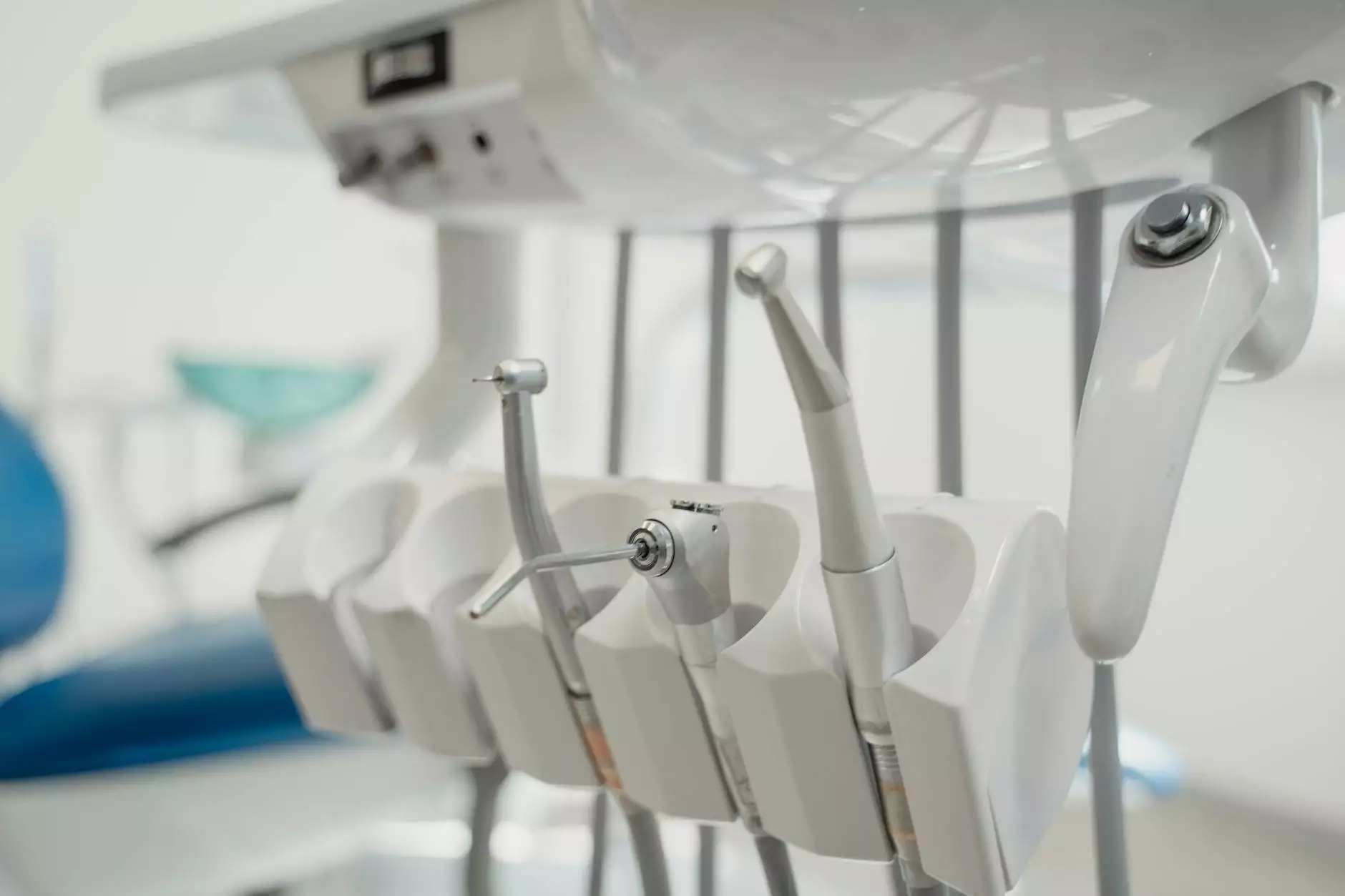Understanding Dental Implants: A Comprehensive Guide

Dental implants have revolutionized the field of dentistry and have become an integral part of restorative dental practices. They offer a long-lasting solution for individuals who have lost teeth due to injury, periodontal disease, or other reasons. This article delves into the specifics of dental implants, their advantages, the procedure involved, and post-operative care, providing you with thorough knowledge to make informed decisions for your oral health.
What are Dental Implants?
Dental implants are artificial tooth roots made of titanium that are surgically placed into the jawbone. The primary purpose of these implants is to support one or more artificial teeth (crowns). Unlike traditional dentures or bridges, which can slip or move around, dental implants provide a sturdy base for permanent or removable replacement teeth that blend seamlessly with your natural smile.
The Anatomy of Dental Implants
A typical dental implant consists of three main components:
- Implant Fixture: The implant fixture is the part inserted into the jawbone, serving as the foundation of the new tooth.
- Abutment: The abutment is a connector that holds the crown or artificial tooth in place.
- Crown: The crown is the visible part of the tooth, designed to match the color and shape of your natural teeth.
Advantages of Dental Implants
Opting for dental implants comes with numerous benefits:
- Improved Appearance:Dental implants look and feel like your natural teeth, enhancing your confidence and aesthetic appeal.
- Boosted Comfort: Unlike removable dentures, implants eliminate the discomfort of slipping and irritation.
- Increased Functionality: Implants function similarly to natural teeth, allowing you to eat, speak, and smile with confidence.
- Durability: With proper care, implants can last a lifetime, making them a cost-effective long-term solution.
- Bone Preservation: Implants help preserve jawbone density and structure, preventing the bone loss that often occurs after tooth loss.
Who is a Candidate for Dental Implants?
While dental implants are a remarkable solution for many, they are not suitable for everyone. Ideal candidates include:
- Individuals with good oral health.
- People with sufficient jawbone density to support the implant.
- Non-smokers or those who can quit smoking, as smoking can impede healing.
- Individuals who are committed to maintaining proper oral hygiene.
The Dental Implant Procedure: Step by Step
The process of getting dental implants typically involves several stages:
- Initial Consultation: During your first visit, your dentist will evaluate your oral and overall health, take x-rays, and discuss your treatment options.
- Surgical Placement: In this procedure, the implant fixture is surgically placed into the jawbone. Local anaesthesia is used to minimize discomfort.
- Osseointegration: Following the placement, a healing period of several months allows the bone to grow around the implant, securing it in place.
- Abutment Placement: Once healed, an abutment is attached to the implant, which will hold the crown.
- Finally, a custom-made crown is created and placed on the abutment, completing the process.
Post-operative Care for Dental Implants
Post-operative care is vital for the success of your dental implants. Here are some essential tips:
- Proper Oral Hygiene: Maintain rigorous oral hygiene by brushing and flossing daily, especially around the implant area.
- Follow-Up Appointments: Attend all follow-up appointments to ensure proper healing and integration of the implant.
- Avoid Hard Foods: In the initial weeks following surgery, stick to soft foods to avoid exerting pressure on your implants.
- Quit Smoking: If you smoke, consider cessation as it can negatively impact healing.
Cost of Dental Implants
The cost of dental implants can vary based on several factors:
- The Location: Prices may differ depending on your geographical region.
- The Dentist’s Expertise: Experienced professionals may charge more due to their enhanced skills.
- Type of Implant: Different types of implants or additional procedures (like grafting) may influence cost.
While dental implants may represent a significant investment, they offer exceptional value over time due to their durability and functionality.
Comparing Dental Implants with Other Tooth Replacement Options
When considering dental replacements, it is crucial to understand how dental implants compare to alternatives such as dentures and bridges:
AspectDental ImplantsBridgesDenturesLongevityLifetime with proper care5-15 years5-10 yearsBone PreservationMaintains jawbone densityNo effect on boneNo effect on boneComfortVery comfortableModerately comfortableCan be uncomfortableMaintenanceRequires regular dental hygieneSame as natural teethRegular cleaning requiredThe Future of Dental Implants
The field of dentistry is constantly advancing, with dental implants being no exception. Innovations include:
- 3D Printing: This technology is enhancing the accuracy and customization of implants and prosthetics.
- Mini Implants: Tailored for patients with less bone density, offering an effective solution for smaller spaces.
- Digital Impressions: Ensuring improved fitting and comfort of crowns and dentures.
Conclusion
Dental implants represent a transformative approach to dental health and aesthetics. As a durable, functional, and visually appealing solution, they restore confidence and improve quality of life for those suffering from tooth loss. At My Avenue Dental, we emphasize the importance of customized dental care and are committed to providing comprehensive solutions tailored to your needs. If you’re considering dental implants, reach out to our experienced team today for a personalized consultation!









